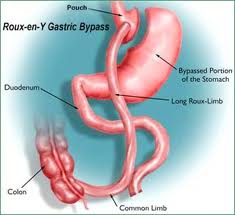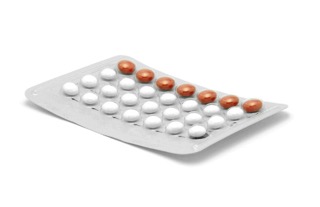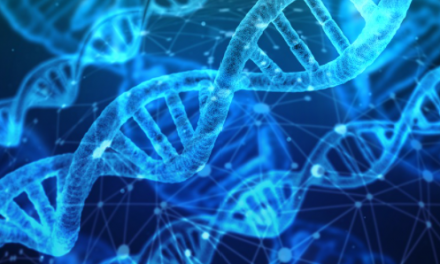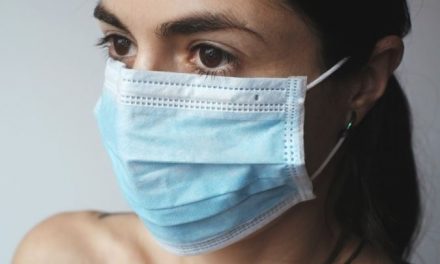Despite being one of the most commonly consumed beverages worldwide, the effects of coffee on our metabolism is surprisingly poorly understood. (You can read about the controversial effects of coffee on blood sugars on my previous blog post here.)
Recently, there has been interest in understanding the effects of coffee on the liver. Several studies have shown that liver enzyme tests are lower (which is good) with increasing coffee consumption (‘inversely associated’ in statistical terminology). Some studies have suggested that coffee consumers have a decreased risk of having a fatty liver, liver cirrhosis (scarring), and even liver cancer. An article from the American NHANES study has even suggested that people who drink 2 or more cups of coffee per day have half the risk of developing chronic liver disease, compared to those who drink less than 1 cup per day.
If coffee really is protective to the liver, an important question arises: is it caffeine that is protective, or something else in coffee? This question was addressed in a recent study published in Hepatology, again utilizing the NHANES database. They found that higher intake of coffee, regardless of whether it was caffeinated or decaffeinated, was associated with lower liver enzyme levels. Components of coffee such as polyphenols, cafestol, and kahweol may be the protective elements, but no one really knows for sure.
While the findings of this study were consistent regardless of body weight or presence of diabetes, I would be interested to know what the non-coffee drinkers were drinking instead. For example, if non coffee drinkers were consumers of Coca-Cola instead, could the soda be having a negative impact on the liver, rather than coffee having a positive impact? More research is needed on many fronts before we will have a good understanding of exactly what is happening here.
Enjoying my java….. 🙂












